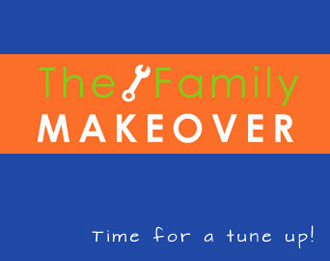” A relationship without communication is just two people”
Your attachment style influences the way you relate to others, especially in romantic relationships. Understanding your specific attachment style, as well as your partners, can help you make sense of the thoughts and behaviors that may be getting in the way of creating the happy, fulfilling connections you deserve. Today’s episode offers tips on how to manage attachment triggers.
Have you already subscribed to my podcast? If not, I’m encouraging you to do that today. I wouldn’t want you to miss an episode.
And, if you’re feeling extra loving, please share it and leave a review; it makes it easier to find. We can all benefit from a little nudge to start making small shifts towards increased health and happiness 🙂



